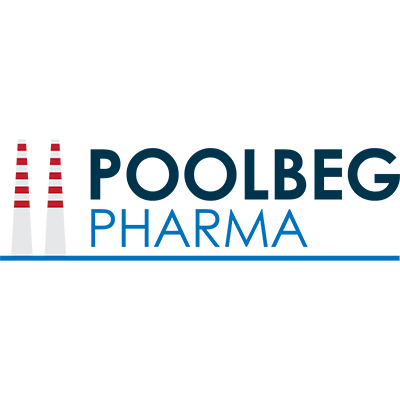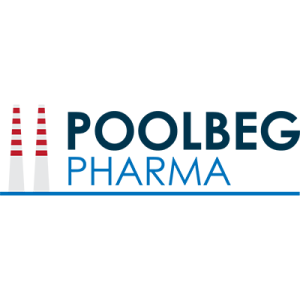The medtech industry is at a crucial point, experiencing significant growth driven by the Covid-19 pandemic, which spurred a wave of innovation and investment. Though the sector has now returned to pre-pandemic growth trends, this transition offers a rare chance for the industry to redefine itself. The rising demand for personalised healthcare, combined with advancements in digital technology, is paving the way for a more connected and patient-focused healthcare environment.
Despite the challenges posed by geopolitical issues, regulatory changes, and economic pressures, the industry is set to benefit from rapidly evolving technologies. Innovations such as artificial intelligence, machine learning, robotics, 5G, AR/VR systems, and IoT are reshaping the healthcare landscape. These advances are not just small improvements but are transforming how healthcare is delivered, with the medtech sector undergoing an innovation boom that rivals any other tech-driven field in terms of growth potential and impact.
The industry stands at a point where its value is set to increase, with opportunities for life-improving breakthroughs and long-term growth. With seamless data sharing, virtual care, and advanced AI-driven diagnostics on the horizon, the healthcare system is poised to become more efficient and effective. This shift will not only improve patient outcomes but also create new opportunities for medtech companies. Smaller firms, in particular, are well-positioned to lead this change, given their agility and willingness to embrace bold innovations.
A notable example in this evolving landscape is Poolbeg Pharma, a biopharmaceutical company with a market cap of £56m. Poolbeg focuses on developing treatments for critical unmet medical needs, such as cancer immunotherapy-induced CRS, infectious diseases, and metabolic conditions like obesity and diabetes. The company is a leader in AI-accelerated drug development, partnering with firms like CytoReason and OneThree Biotech to tackle infectious diseases such as influenza and RSV.
Poolbeg’s AI programmes, which use data from decades of human trials, have identified promising drug targets in significantly shorter timeframes than traditional methods. Both its influenza and RSV programmes are currently in preclinical stages, with strong near-term potential. The rapid progress in AI-driven drug discovery has attracted major pharmaceutical companies, some of which are in discussions with Poolbeg, as the process reduces costs, lowers risks, and increases the likelihood of success.
The company’s flagship product, POLB 001, is a Phase 2-ready anti-inflammatory candidate aimed at preventing CRS, a common side effect of cancer immunotherapies. POLB 001 has the potential to expand the use of these therapies to outpatient settings, opening up a $10bn market opportunity. As cancer immunotherapies grow, expected to reach $100bn by 2030, POLB 001 is positioned as a key player.
Recently, Poolbeg strengthened its leadership by bringing in a team from Amryt Pharma, which was sold for €1.48bn, with Cathal Friel, the founder of Amryt and other firms like hVIVO, joining as Executive Chairman. Poolbeg ended FY23 with a strong cash balance of £12.2m, ensuring continued growth and expansion in the coming year.
Poolbeg Pharma plc (LON:POLB) is a clinical stage infectious disease pharmaceutical company, with a novel capital light clinical model which enables us to develop multiple products faster and more cost effectively than the traditional biotech model.


